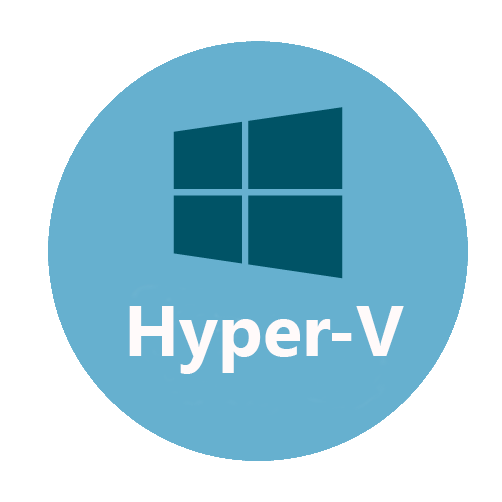Home » Virtualization and containers

VirtualBox: Open-Source Virtualization That’s Everywhere When someone says “just install a VM,” they probably mean VirtualBox — not because it’s the most powerful, but because it’s the most accessible.
Cross-platform, open-source, and free for just about any use case, VirtualBox runs on Windows, macOS, and Linux. It may not be the fastest or the most polished, but it supports an impressive range of guest OSes, offers decent integration tools, and — importantly — you can set it up in minutes wit

Hyper-V: Built In, Often Ignored — But Surprisingly Capable There’s a good chance Hyper-V is already on the system — just buried under “Turn Windows features on or off.” It doesn’t announce itself. It doesn’t even have a fancy launcher. But once enabled? It’s a solid hypervisor, and it’s been there the whole time.
What makes it interesting isn’t flash. It’s the fact that it works — especially if you’re running Windows Pro or Server. Fire it up, spin a VM, checkpoint it, script the whole thing w

VMware Workstation Player: Polished Virtualization That Just Feels Right If Hyper-V is practical and VirtualBox is flexible, then VMware Workstation Player is… smooth. It doesn’t ask many questions, doesn’t throw errors often, and rarely makes you fight the interface. You install it, start a VM, and everything more or less behaves.
It’s a stripped-down version of VMware Workstation Pro — no snapshots, no teams — but for a single user running a few virtual machines? It’s more than enough. Especi

QEMU: Virtualization for People Who Want Full Control Most virtualization tools try to make things easy. QEMU doesn’t. It gives you raw, low-level access to the virtual machine world — hardware emulation, headless guests, custom CPU types, passthroughs, PXE boot, kernel debugging — the works.
If that sounds like too much… it probably is. But for admins, devs, or security researchers who want complete control over how a VM behaves, QEMU is the kind of tool that makes everything else feel too o